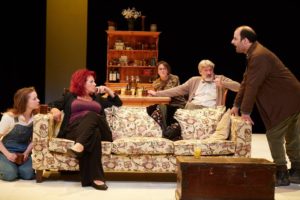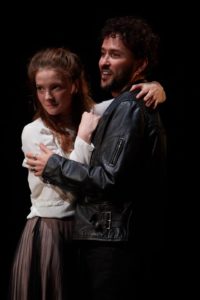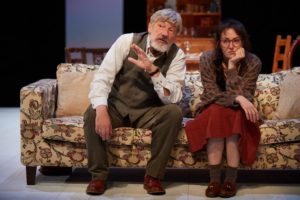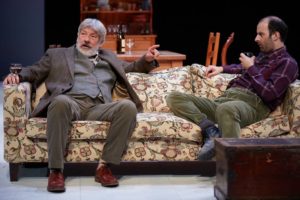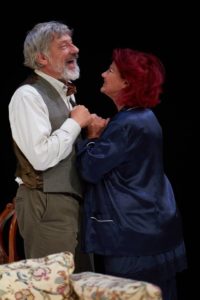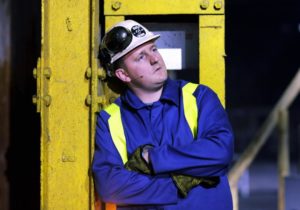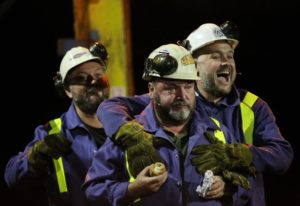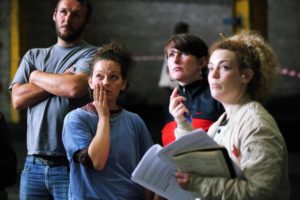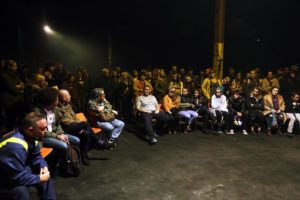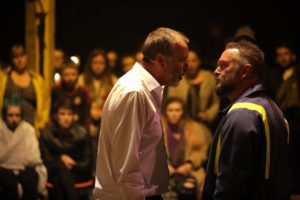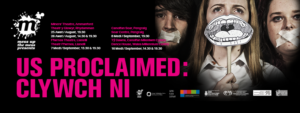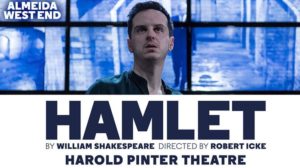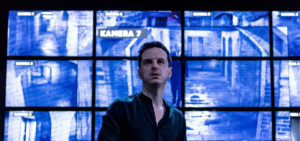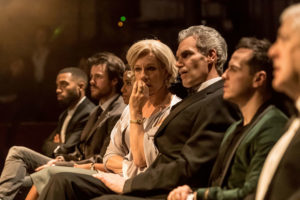In 2015 a lone terrorist boarded the train from Paris to Amsterdam carrying an AK-47, a pistol, 300 rounds of ammunition and a knife. Before he could do much damage he was tackled by several passengers, including three American friends on a European tour. This is the film based on that event.
First let me say that the incident itself was an amazing demonstration of the bravery of these passengers in attacking, unarmed, a Jihadist gunman. I am in awe of their courage.
Having said that, this film is incredibly bad.
There are pointers to a bad film: they open in January or early February, they’re usually about 90 mins long due to being edited down, and there are no press reviews before they open.
I knew all that beforehand, but I went in anyway. I’d now add a fourth pointer, if the film is based on a real incident and the characters are played by the ACTUAL people themselves and not actors.
The script is truly terrible, the mother of one of the heroes, upon being told by his teacher he may have ADD, replies ‘My God is bigger than your statistics!’, and that’s not even the worst line.
The narrative is all over the place, the three heroes lives are told in flashbacks that don’t advance the story, and the acting is really bad, apart from Veep’s Tony Hale as a gym teacher who seems to have wandered in from another film. A much better film.
The editing is all over the place, and the direction poor, except in the scenes showing the attack itself. What’s shocking is that the director is Clint Eastwood, who is much better than this.
I have never walked out of a film in my life (except for a Stallone film, but that was just to vomit) but I wanted to walk out of this after 10 minutes.
It’s bad, really bad, worst film not just of this year, but the last decade. I’m posting this review so that you won’t suffer, save yourselves, wait for it to come out on TV or Netflix and then don’t watch it. Trust me. Run away!!!”
Kevin Johnson



